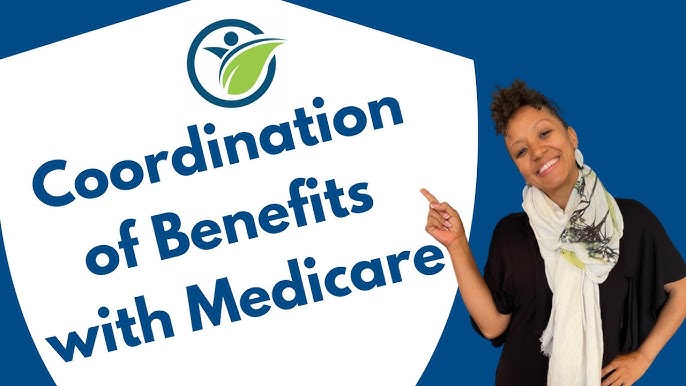Medicare Coordination of Benefits Rules
Understanding Medicare Coordination of Benefits
Medicare coordination of benefits refers to the process of determining how Medicare coverage works when you have multiple health insurance plans. This is important because it helps avoid duplication of payments and ensures that your medical expenses are covered appropriately.
Why is Medicare Coordination of Benefits Important?
Coordinating your Medicare benefits with other insurance plans is crucial to prevent any confusion or potential financial loss. By understanding the coordination rules, you can maximize your coverage and minimize out-of-pocket expenses.
Primary and Secondary Payer
When you have multiple health insurance plans, one becomes the primary payer and the other becomes the secondary payer. The primary payer is responsible for paying your medical claims first, up to the limits of its coverage. The secondary payer then covers the remaining costs that the primary payer didn’t pay.
Medicare as the Primary Payer
If you have Medicare and another health insurance plan, Medicare usually becomes the primary payer. However, there are exceptions to this rule:
If you have End-Stage Renal Disease (ESRD) and are in the first 30 months of Medicare coverage, your employer group health plan may be the primary payer.
If you have Medicare due to a disability and have coverage through your employer or your spouse’s employer, the employer plan may be the primary payer for the first 30 months.
Medicare as the Secondary Payer
Medicare becomes the secondary payer when:
You have employer or union group health coverage based on your or your spouse’s current employment.
You’re covered under no-fault or liability insurance.
You have Black Lung benefits.
You have Veterans’ benefits.
How Medicare Coordinates Benefits
Medicare coordinates benefits by following specific rules:
Medicare pays its share of the covered services first.
Your primary insurance pays next.
Medicare pays the remaining amount.
Submitting Claims
When you receive medical services, make sure to provide all insurance information to the healthcare provider. They will submit the claims to the primary payer first. Once the primary payer has processed the claim, they will send an Explanation of Benefits (EOB) to you and Medicare.
Medicare will then process the claim and pay its share. If there are any remaining costs, they will be submitted to the secondary payer for payment. It’s important to review your EOBs and bills to ensure accuracy.

Understanding Medicare coordination of benefits rules is essential to ensure proper coverage and avoid unnecessary expenses. By knowing whether Medicare is the primary or secondary payer, you can make informed decisions about your healthcare and maximize your benefits.
Frequently Asked Questions about Medicare Coordination of Benefits Rules
1. What are Medicare Coordination of Benefits (COB) rules?
Medicare COB rules determine how Medicare pays healthcare claims when you have other insurance that may also cover your medical expenses.
2. Why is understanding Medicare COB rules important?
Understanding Medicare COB rules helps ensure that your healthcare claims are processed correctly and that you receive the maximum benefits available to you.
3. How does Medicare coordinate benefits with other insurance?
Medicare coordinates benefits by determining which insurance pays first (primary payer) and which pays second (secondary payer) based on specific rules and regulations.
4. What factors determine the primary and secondary payer?
Factors such as the type of insurance, the reason for your healthcare visit, and the order in which you obtained the insurance coverage determine the primary and secondary payer.
5. Can I choose which insurance is the primary payer?
No, Medicare COB rules establish a specific order of payment, and you cannot choose which insurance is the primary payer.
6. What happens if Medicare is the secondary payer?
If Medicare is the secondary payer, it will only pay for covered services after the primary insurance has paid its share.
7. How do I inform Medicare about my other insurance coverage?
You should provide information about your other insurance coverage to Medicare when you enroll or whenever there are changes in your coverage.
8. What should I do if my other insurance denies a claim?
If your other insurance denies a claim, you should contact Medicare to inform them about the denial and provide any necessary documentation to support your claim.
9. Can I have both Medicare and Medicaid at the same time?
Yes, you can have both Medicare and Medicaid. Medicaid may help cover some of the costs that Medicare doesn’t pay for.
10. Are there any penalties for not following Medicare COB rules?
Failure to follow Medicare COB rules may result in delayed or denied payment of healthcare claims, leading to out-of-pocket expenses for you.




